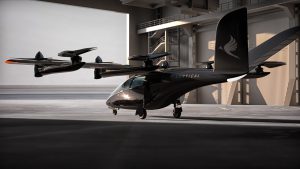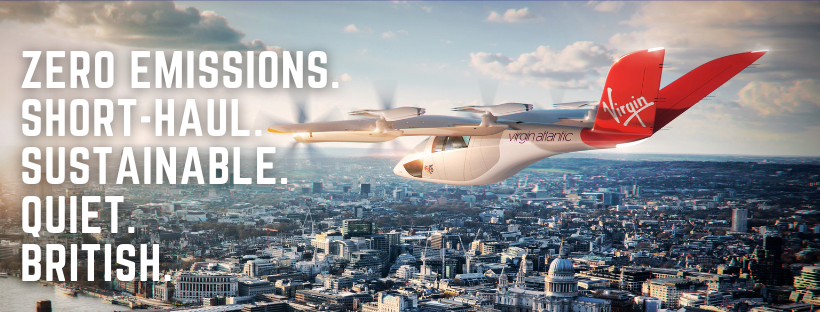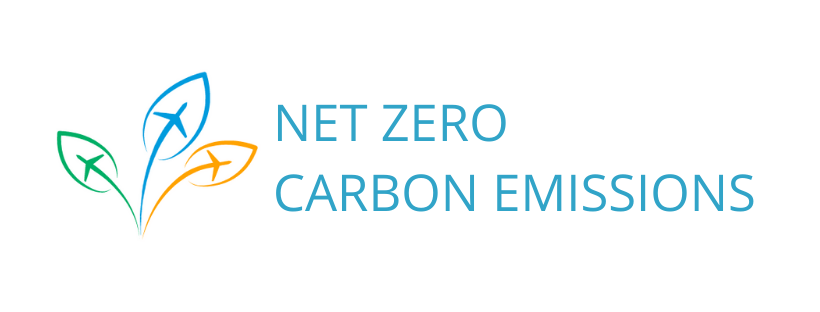UK eVOTL network plans announced
Virgin Atlantic has announced a partnership with Vertical Aerospace to launch ‘sustainable, zero emissions’ air travel in the UK.
The partnership includes an option for Virgin Atlantic to purchase up to 150 eVTOL (electric Vertical Take-Off and Landing) aircraft and exploration of a UK Joint Venture with Vertical Aerospace, to deliver a Virgin Atlantic branded short haul eVTOL network.

The fully-electric VA-X4 is a zero emissions, near silent aircraft with a range of over 100 miles. It will carry four passengers in addition to a pilot. The VA-X4 has four tilting advanced rotors at the front and stowable rotors at the rear, capable of speeds over 200mph, and is set to revolutionise urban mobility and electrify air travel, with certification to the same safety standards as commercial airliners.
IVirgin Atlantic and Vertical Aerospace will be working together to explore a Joint Venture to deliver next generation eVTOL passenger operations in the UK, combining the world-class knowledge and expertise of both partners. Vertical Aerospace and Virgin Atlantic will seek to establish short haul, electric aircraft connectivity between UK cities and airport hubs starting with London Heathrow, Manchester and London Gatwick.
The airline’s goal is to enable sustainable, price competitive, regional connectivity across the first and last 100 miles of the customer journey.
For example, reducing the 56-mile journey from Cambridge to London Heathrow to just 22 minutes, in comparison to a 1 hour 30 drive by road.
With 37 towns and cities with populations over 100,000 within 100 miles of London Heathrow Airport, the VA-X4 offers huge potential to support zero emissions short haul transfers for 7.7 million customers outside of London, for flights to and from the UK’s main hub airport.
A full-scale prototype of the VA-X4 is currently in production and the first test flight is planned for later this year.
Shai Weiss, CEO, Virgin Atlantic said:
With innovation and sustainability leadership firmly in our DNA, we are excited to be partnering with Vertical Aerospace to pioneer sustainable and zero emissions air travel in the UK. We pride ourselves on building enduring strategic partnerships and are thrilled to be working alongside Vertical in its mission to bring eVTOL travel to the UK.
Our partnership includes an option for Virgin Atlantic to acquire up to 150 eVTOL VA-X4 aircraft, combining the design, engineering and manufacturing expertise of Vertical with the award-winning customer experience and operational excellence of Virgin Atlantic.
Stephen Fitzpatrick, Vertical CEO and Founder, said:
This is the most exciting time in aviation for almost a century; electrification will transform flying in the 21st century in the same way the jet engine did 70 years ago. By bringing together two entrepreneurial organisations who share the same passion for innovation and best in class partnerships, we can revolutionise urban mobility in the UK and electrify air travel.
We look forward to working closely with Virgin Atlantic and completely changing how people think about flying through the skies.
Commercial operations of the VA-X4 are planned for 2024 following European Union Aviation Safety Agency (EASA) and UK Civil Aviation Authority (CAA) certification.
As launch partner in the UK, Virgin Atlantic has the option to order between 50 and 150 aircraft. This is not yet a committed order and with aircraft development still under way, the final order value is yet to be confirmed.








